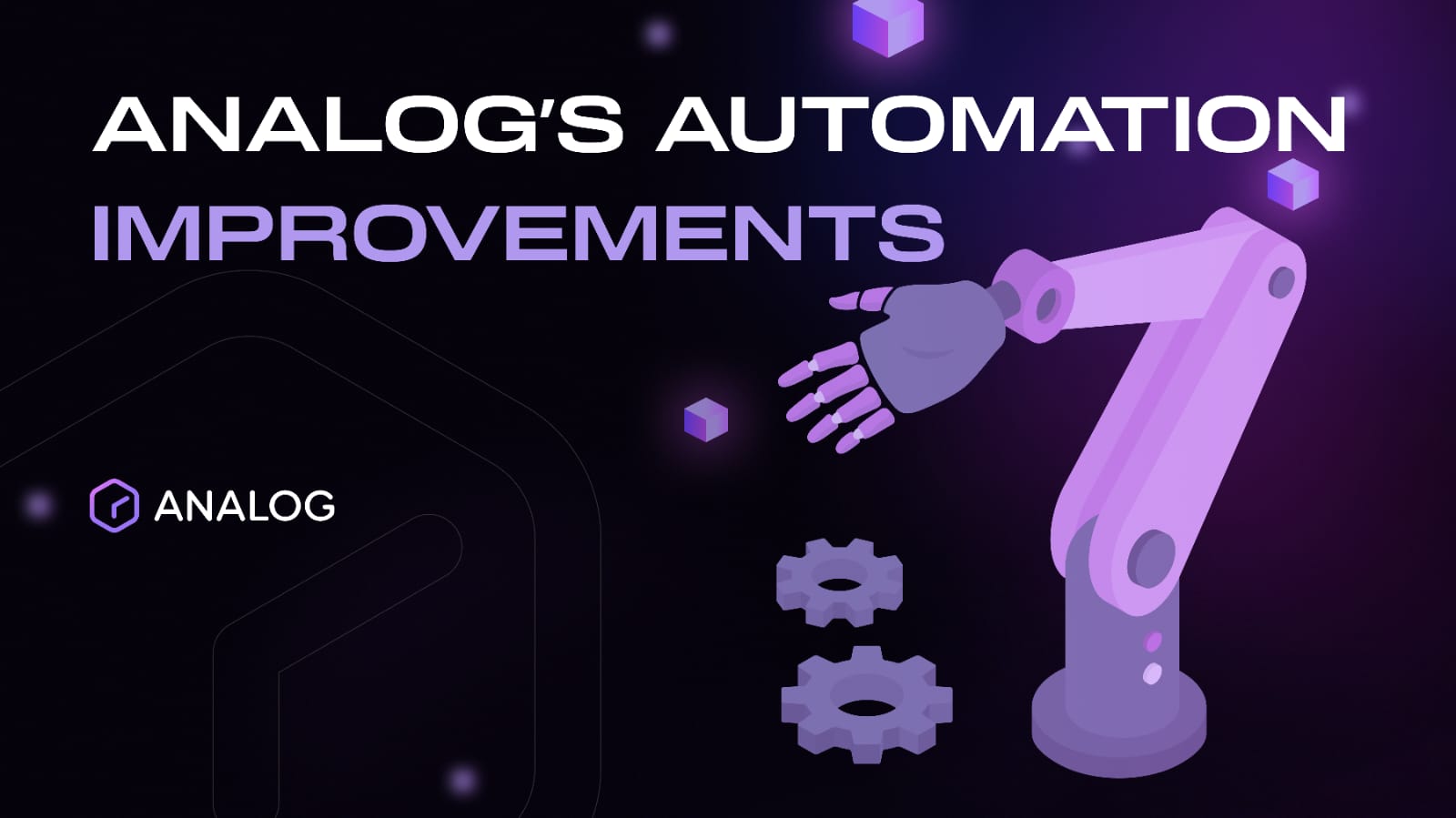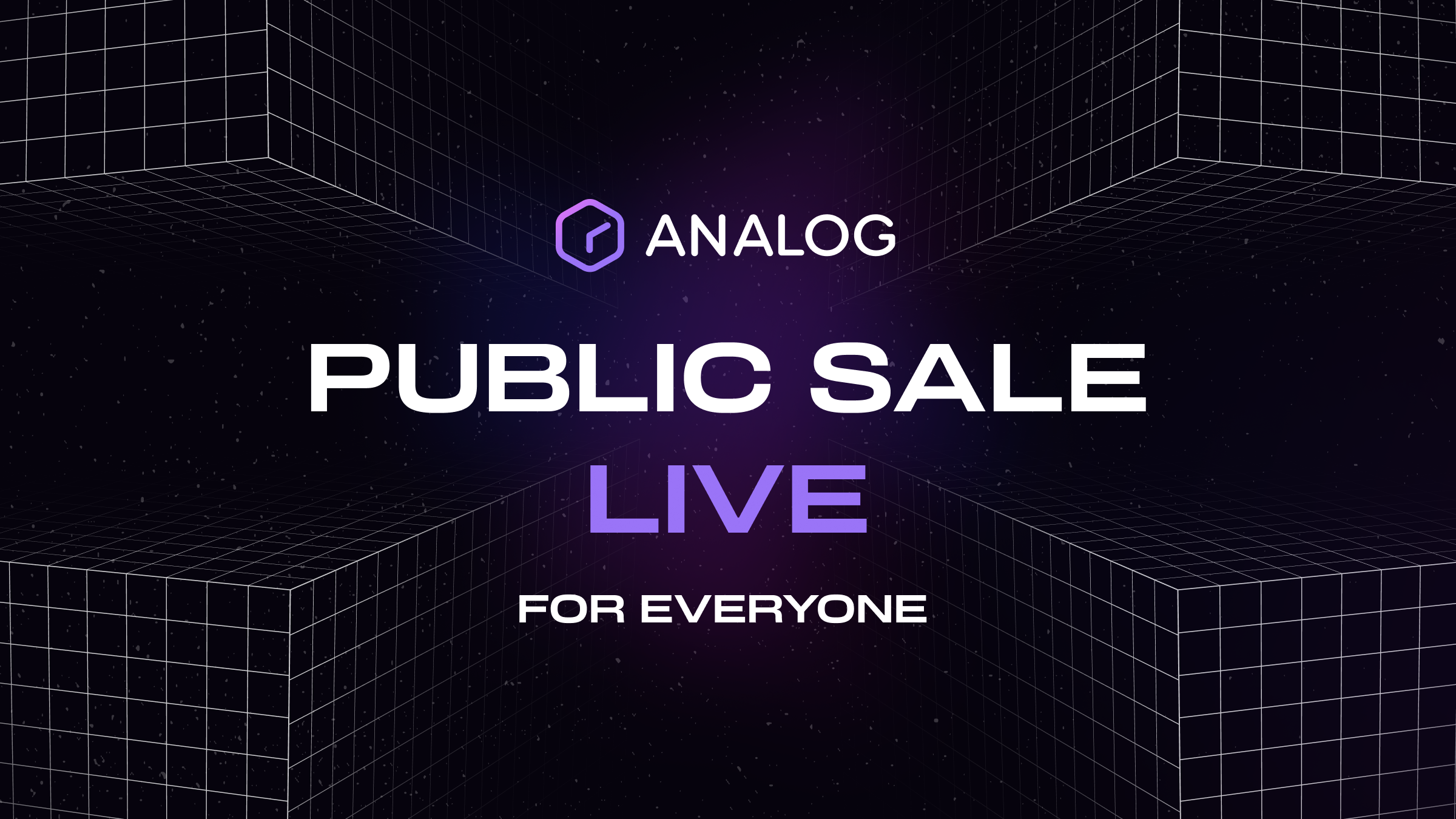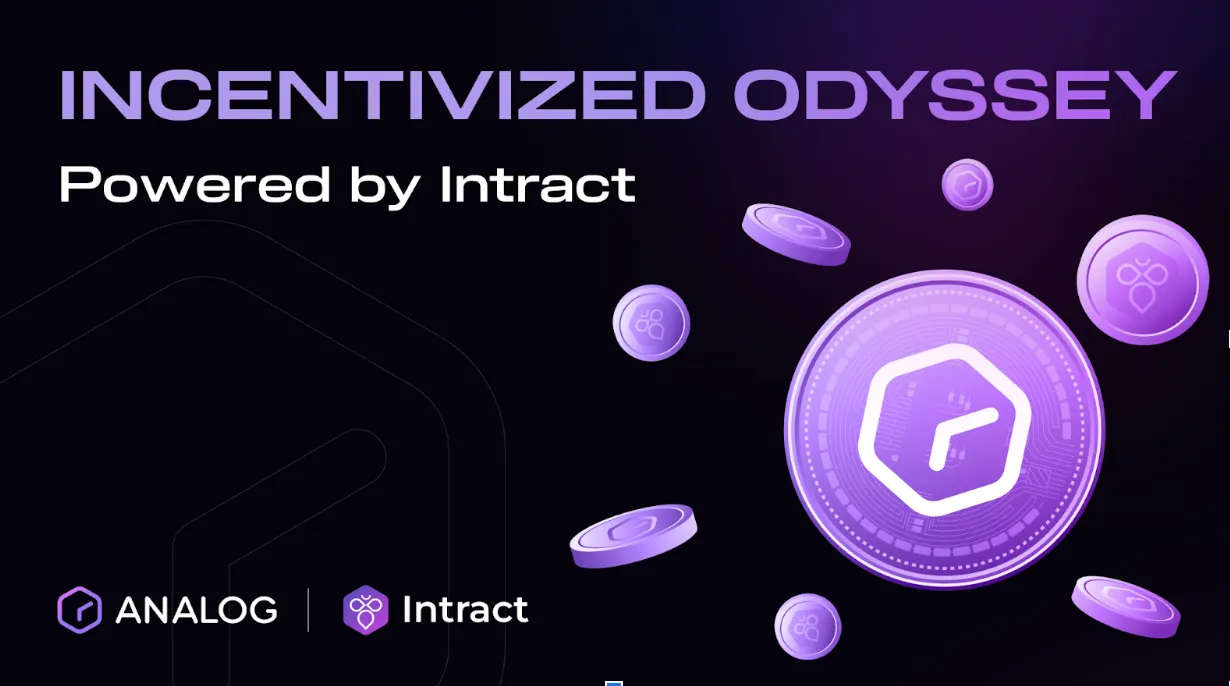
In a market where cross-chain technology is constantly evolving, Analog Automation is designed to solve the complexities of automated smart contract execution across multiple blockchains. This trust-minimized solution brings seamless, secure, and reliable automation to developers and users alike.
Imagine triggering smart contract functions across blockchains without manual intervention. Picture this: “If event X happens on one chain, trigger action Y on another.” Analog Automation makes this a reality, addressing a gap that has held Web3 and DeFi development back for too long.
The Problem with Existing Cross-Chain Workflows
While current cross-chain interoperability protocols have improved general message passing (GMP), they haven’t quite cracked the code for automating intricate workflows across chains. Most smart contracts, by design, require a transaction to kick off their execution, making true automation difficult without manual intervention.
Even for those platforms offering automation, such as Chainlink or Gelato, condition checks usually happen off-chain—often on private servers or AWS—creating concerns around decentralization. And, typically, these platforms work on just a single chain.
That’s where Analog Automation comes in: a framework that delivers a truly decentralized, automated cross-chain execution layer.
Why Analog Automation Matters
Analog Automation empowers developers, DAOs, and users to automate smart contract functions securely and reliably across different blockchains. By simplifying cross-chain interactions, it significantly enhances the usability of dApp, DevOps workflows, and the overall user experience (UX).
Here’s the real kicker: most automation services today are dependent on centralized servers, which introduces single points of failure and security risks. Manual processes also lead to delays in cross-chain transactions, putting user funds at risk. Analog Automation, however, is eliminating the need for centralized solutions while ensuring smooth cross-chain operations.
Potential Use Cases
The applications for Analog Automation are quite extensive. Developers can build on this service to streamline a variety of processes:
Automated Cross-chain Trading: Use Analog Automation to enable frictionless trading across decentralized exchanges (DEXs) without the need for manual intervention.
Automated Cross-chain NFT Minting: Tired of the high gas fees on Ethereum? Automate your NFT minting process across blockchains, optimizing for both cost and efficiency.
Automated Cross-chain DAO Operations: Trigger routine processes like treasury top-ups or voting rewards distribution across chains, simplifying governance for decentralized autonomous organizations (DAOs).
Automated Cross-chain Liquidation Protection: For users holding collateral across multiple DeFi platforms, Analog Automation can help prevent liquidation by automating the consolidation of assets from different chains.
Each use case is built with a focus on enhancing security, reliability, and decentralization—removing the need for centralized control while boosting operational efficiency.
The Architecture Behind Everything
At the core of Analog Automation is its integration with Analog’s Timechain, leveraging key components like the Connector service, Analog Watch, and Analog GMP. Let’s break down some of the essential parts:
Cadence: This defines when the automation condition should be checked. You can set it based on time, blocks, or even specific on-chain events.
Conditional Logic: Developers can write custom logic to execute certain conditions based on data available on the chain.
Target: What should happen when a condition is met? Whether it's triggering a Solidity method or running a custom JavaScript function, Analog Automation ensures smooth execution.
By combining these elements, Analog Automation allows for a steady execution of cross-chain smart contracts.
Why This Matters for Developers and Users?
Analog Automation simplifies what has previously been a cumbersome process. By automating cross-chain functions, Analog takes a huge step forward in making decentralized applications more accessible and useful. Not only does this improve the efficiency of current workflows, but it also opens up new possibilities for innovation in the space.
With Analog Automation, whether you’re building the next great dApp or managing an existing DAO, this framework will give you the tools you need to scale securely and efficiently.
In conclusion, Analog Automation is more than just another tool in an existing developer’s kit—it’s a key innovation for the future of cross-chain functionality. By making smart contract execution across chains as steady and automatic as possible, Analog is driving the ecosystem forward into a new era of decentralized efficiency.










